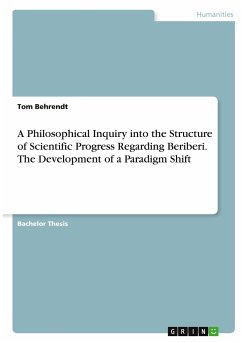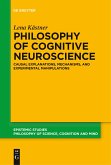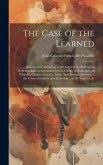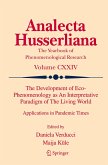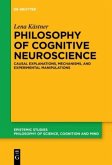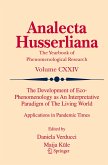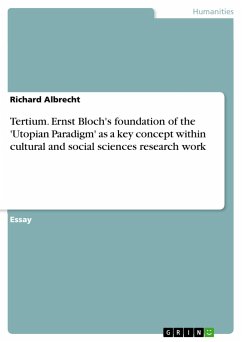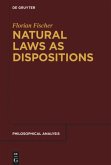Bachelor Thesis from the year 2020 in the subject Philosophy - Philosophy of the 20th century, grade: 1,0, Humboldt-University of Berlin (Philosophie), language: English, abstract: This bachelor´s thesis argues for a paradigm shift that emerged as a direct consequence of the gradually developed knowledge regarding the etiology of beriberi.We are used to the medical and nutritional values of vitamins, we cherish their effectiveness against diseases, or plunge into debates on whether vegans face the risk of running low on B12. What we, however, do not conceive of so much is how the knowledge of vitamins, in the early 20th century, changed the way medical scientists and practitioners theorized disease causation. With the advent of modern microbiology almost every disease was thought to be caused by external agents like bacteria, viruses, or protozoal pathogens. But what if some diseases cannot be explained by such "intrusions"? What if, when, without the "intrusion" of diminutive things the bodily functions will cease? The answer is a gradual transformation of a medical paradigm of disease causation by external factors into a paradigm of internal ones.
Hinweis: Dieser Artikel kann nur an eine deutsche Lieferadresse ausgeliefert werden.
Hinweis: Dieser Artikel kann nur an eine deutsche Lieferadresse ausgeliefert werden.

